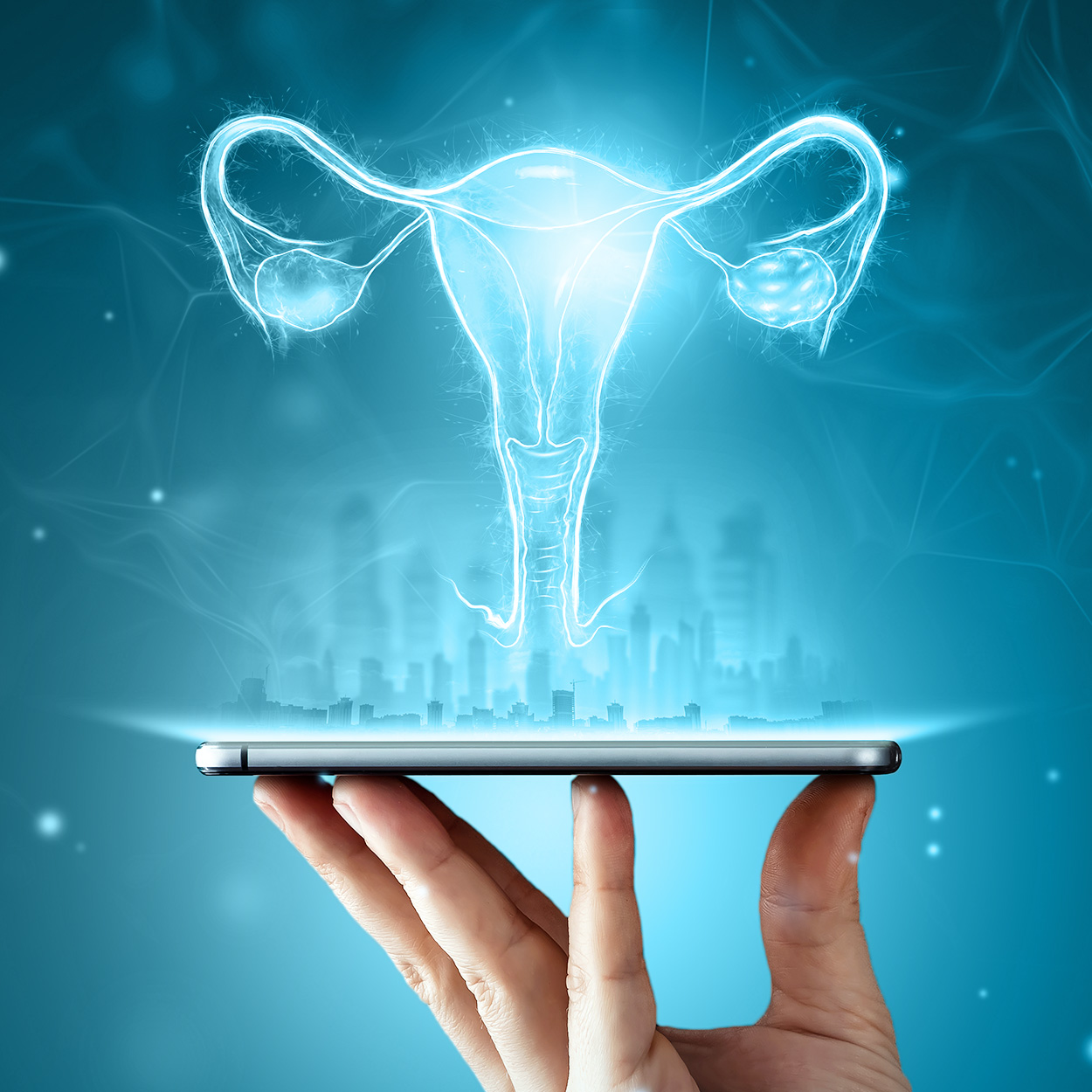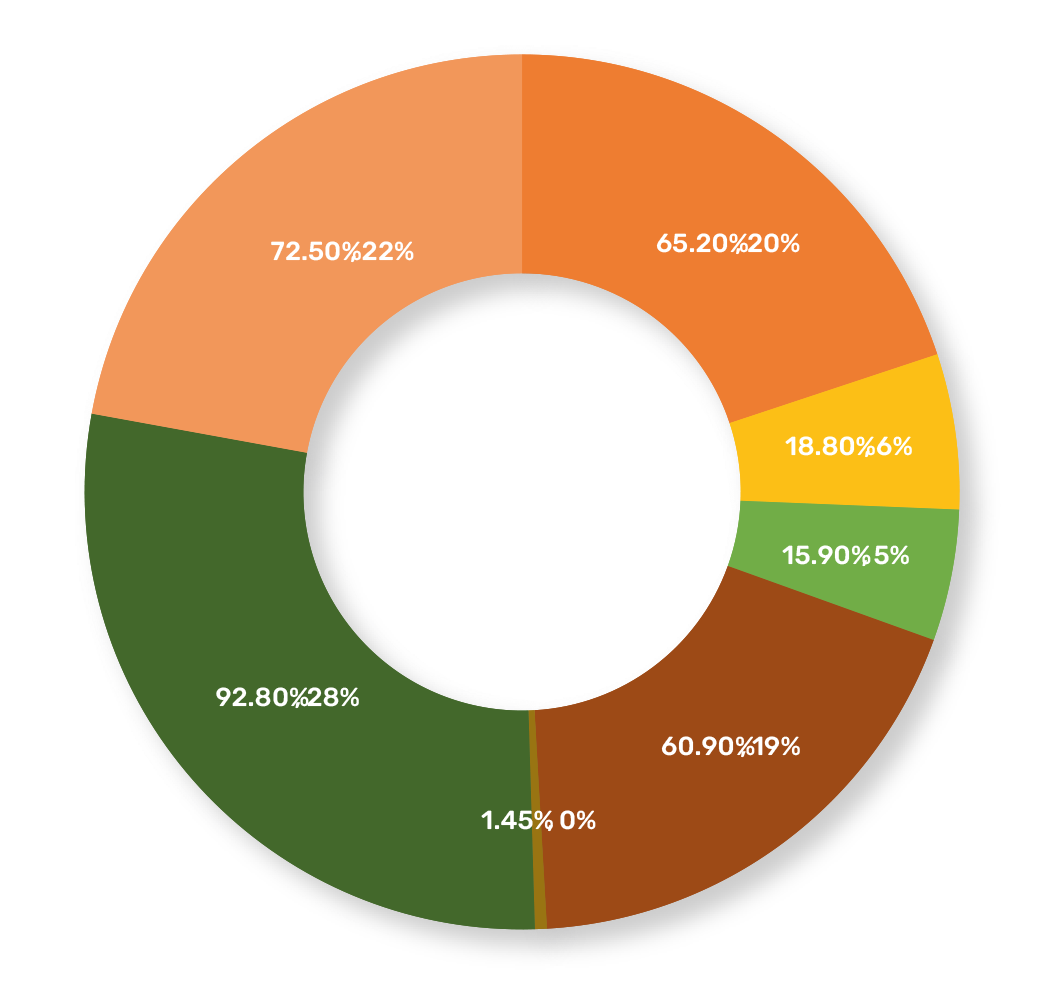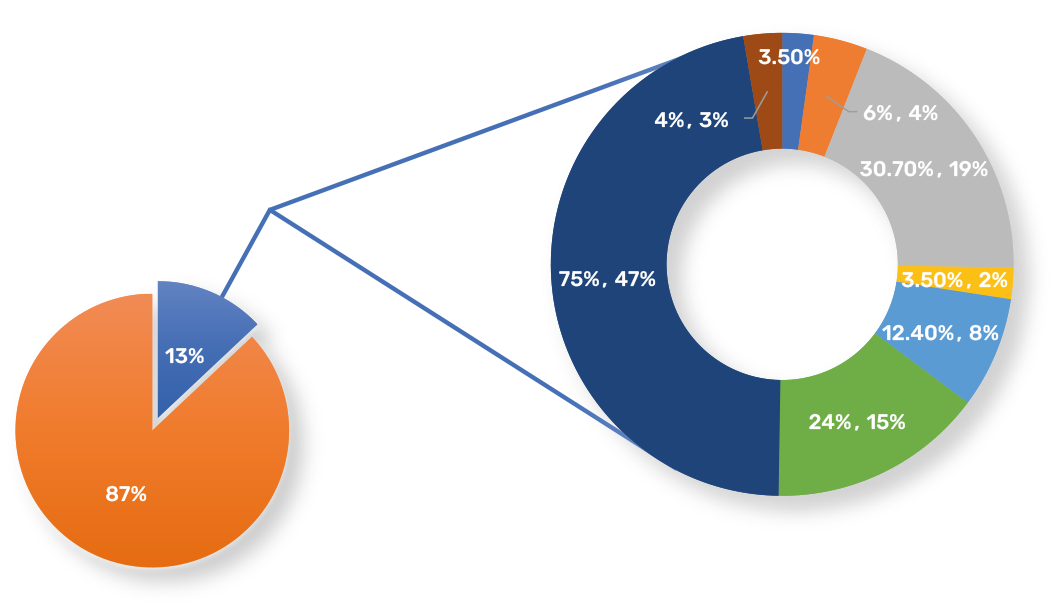
Connecting the Dots between PCOS & Pregnancy Issues
Women in the reproductive ages are most likely to suffer from PCOS. With the growing prevalence of the condition in UAE, it has become important to increase awareness around the issue


Women in the reproductive ages are most likely to suffer from PCOS. With the growing prevalence of the condition in UAE, it has become important to increase awareness around the issue
PCOS or polycystic ovarian syndrome is a hormonal condition in women, which affects their ovaries generally around childbearing ages. These hormonal changes result in metabolic changes, which affects their health and appearance greatly. It is the most common hormonal disorder to affect young girls in reproductive ages.
The main reproductive organs in women are ovaries and their key function is to produce and release an egg each month, which will prepare the grounds for fertilization. This process is called Ovulation. If the egg is fertilized, it gets implanted in the endometrial wall of uterus. In case of no fertilization, the egg is discarded from the body after 3-4 days, and endometrial wall is shed off, which is called menstruation, menses, or periods. This cycle repeats every month in all healthy women. The cycle is governed by reproductive hormones, mainly estrogen and progesterone. In case of PCOS, there is an imbalance in these reproductive hormones blood levels or release, which causes complications in normal and healthy female menstrual cycle.
PCOS or polycystic ovarian syndrome is a hormonal condition in women, which affects their ovaries generally around childbearing ages. These hormonal changes result in metabolic changes, which affects their health and appearance greatly. It is the most common hormonal disorder to affect young girls in reproductive ages.
The main reproductive organs in women are ovaries and their key function is to produce and release an egg each month, which will prepare the grounds for fertilization. This process is called Ovulation. If the egg is fertilized, it gets implanted in the endometrial wall of uterus. In case of no fertilization, the egg is discarded from the body after 3-4 days, and endometrial wall is shed off, which is called menstruation, menses, or periods. This cycle repeats every month in all healthy women. The cycle is governed by reproductive hormones, mainly estrogen and progesterone. In case of PCOS, there is an imbalance in these reproductive hormones blood levels or release, which causes complications in normal and healthy female menstrual cycle.

Testosterone is an androgen or a male reproductive hormone, which is responsible for regulation of sperm cycle in males as well as development of secondary sexual characters such as facial hair, muscle gain and definition etc. Although all women have small amounts of testosterone, sometimes their levels might increase, which can be a cause of PCOS and related symptoms.
In some cases, due to underlying diseases, the body might be producing higher levels of insulin or there might be development of insulin resistance. This leads to higher concentration of insulin in blood, which causes ovaries to release high amount of testosterone.
Some hormones such as LH or Prolactin can increase or decrease, which causes imbalances and might aid in the development of PCOS.
There can be a family history of PCOS, which predisposes development of the disorder.
Because of irregularity in hormones, which are responsible for regulating the menstrual cycle, PCOS might lead to irregular or no menstruation.
PCOS can be caused because of high levels of androgens or male reproductive hormones in females. This might lead to increase facial and body hair growth in some women.
This is also a result of increased levels of androgens in body, which causes hair loss and patterns of baldness resembling men.
Hormonal imbalance causes more acne on face, chest and back.
There is constant increase in weight, which is also difficult to lose.
Because of increase in androgens, there is irregular release of egg during the menstrual cycle. In some cases, there is absence of egg release, which causes infertility. Although, through treatment, it can be avoided or reversed.
One of the most prevalent hormonal disorders in women, PCOS affects 6-15% women in the world, largely depending on demographics, lifestyle differences and ethnicity of people. In UAE, since the past few years, there is a rising concern around women health, lifestyle, and resultant disorders.
It is a cause of concern to note that PCOS in UAE is ever rising in terms of prevalence and is affecting women in many ways, especially pregnancy. A glimpse of prevalence of PCOS in UAE can be seen through a study conducted on a population of 250 Emirati women between the ages of 15-24 years. The results of this study showed that the prevalence of PCOS was 27.6% (69 students). The common symptoms found in girls were:

Most commonly seen symptom in women suffering from PCOS during the study was noted to be Hirsutism or excess body and facial hair, which contributed for 29% out of all the symptoms. Acne was the second most common symptom for PCOS, contributing for 26% from the total mix. There are many risk factors, which were also identified in the study as discussed below:

The data shows that most prevalent predisposing factor is lifestyle choices like lack of exercise and fast-food consumption, which contributes for 28% and 22% respectively amongst all the factors. These two factors are also responsible for overweight and obesity related issues, which also act as risk factors for PCOS.
These symptoms are mostly overlooked or linked to other general hormonal or skin disorders due to lack of awareness about PCOS. This leads to prolongation in getting treatment and PCOS impacting the overall health of women. Most times, the condition is detected while the woman is trying to get pregnant or is pregnant.
In UAE, one of the major concerns is around low birth rate, which was highlighted even more after the recent data report published by a US based organization Knoema, which rated UAE at 174th place out of 189 countries for fertility rate. One of the main reasons for low fertility is high prevalence of PCOS in women of reproductive ages and the lack of awareness about the condition. Low awareness leads to fewer early detections and timely treatment of the condition. A survey conducted on about 500 women in the reproductive age group, was conducted to understand the level of awareness about PCOS and associated risk factors.

Chart 1 : Awareness about PCOS
Chart 2 : Risk Factors
As is evident from the figures above, the overall awareness about effects of lifestyle choices and how to manage or self-diagnose PCOS was found to be poor.
The first and foremost step is to increase awareness about the signs, symptoms, and treatment options. There are many misconceptions around PCOS and related pregnancies. It is possible to get pregnant and have a healthy pregnancy despite having PCOS. Therefore, the most important step towards minimizing effects of PCOS and to lower the prevalence of PCOS (that hospitals and healthcare organizations can take) is to run education and awareness drives for women in reproductive ages. Women in the reproductive ages, on the other hand, can also play their part and ensure that they attend such awareness campaigns, understand the condition and related aspects, and approach their doctor at right time for early diagnosis and treatment.
There are many medication treatments to help with the management of PCOS, such as:
PCOS, although a prevalent condition in women, can be managed and treated if caught in time. Therefore, women should ensure that they visit their doctors for regular check-ups and stay aware about the signs and symptoms of this condition. Doctors, on the other hand, should do their bit and ensure adequate awareness and information is provided to as many women as possible.
©2021 Fakeeh University Hospital. All Rights Reserved
To FUH Medical Review